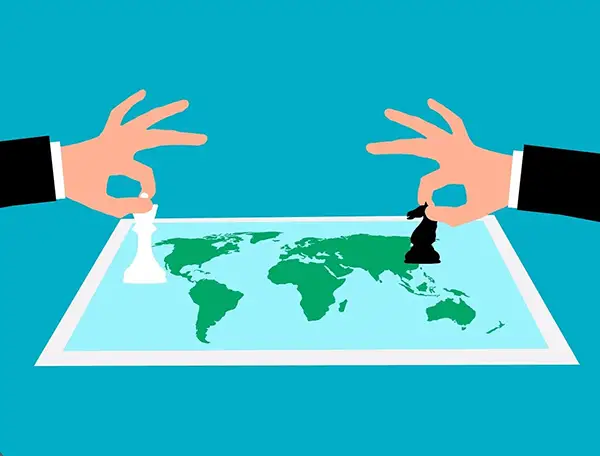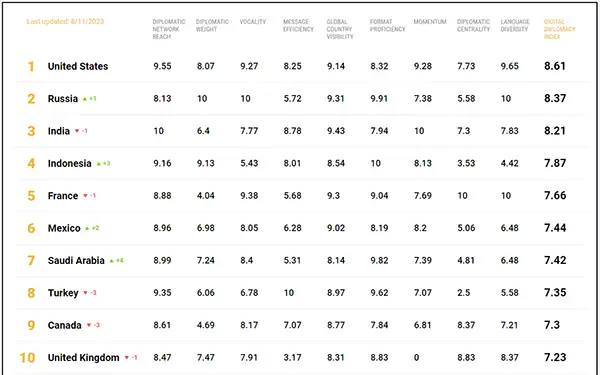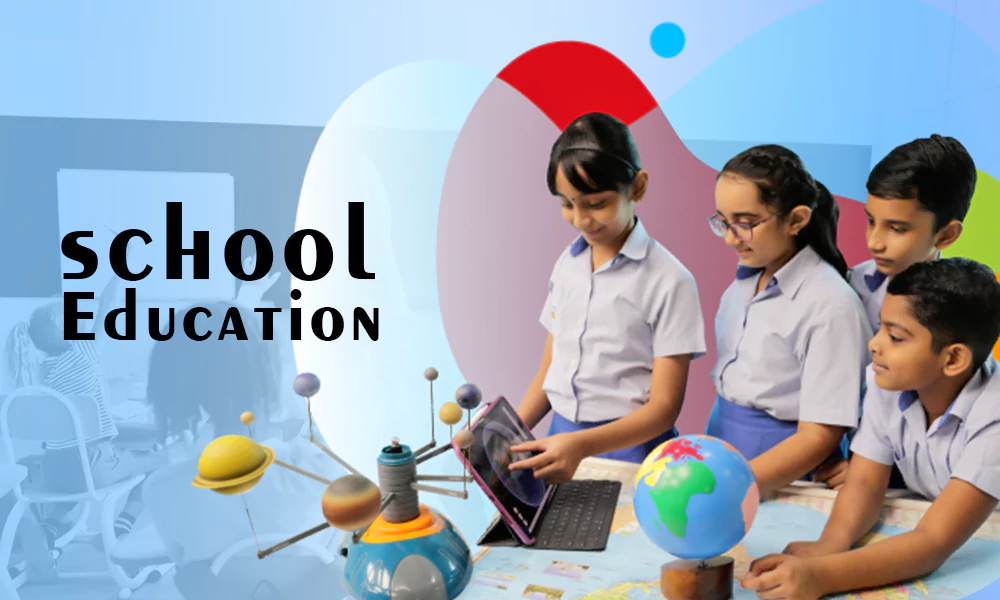Cultural Exchange Amplified: Audio Translators in Diplomacy and International Relations


Diplomacy and international relations are pivotal in shaping global cooperation, resolving conflicts, and fostering cultural exchange.
Effective communication lies at the heart of these endeavors, and audio translators have emerged as indispensable tools in bridging linguistic and cultural gaps.
This article sheds light on the key advantages of human translation in diplomacy and international relations, highlighting their role in promoting successful cultural exchange.
The Significance of Human Translation
Whereas technology has made significant strides in language translation, humans remain a cornerstone of effective communication, particularly in diplomatic and international contexts. Here are some key advantages:
Nuanced Cultural Understanding
Communication is paramount in the world of diplomacy, where negotiations can determine the course of nations and international relations. With their unique skill set, human translators offer an advantage by providing nuanced cultural understanding.
Beyond Words
Whereas automated translation tools can convert words from one language to another, they often must catch up when capturing the intricate cultural tapestry accompanying the language.
Human translators, on the other hand, possess the ability to delve beyond mere words. They are acutely aware of the cultural nuances, historical contexts, and subtle cues interwoven into conversations.
Context is Key
Diplomatic negotiations are a delicate dance where context is vital. The meaning of a single phrase can vary greatly depending on the broader cultural context. Human translators excel at deciphering this context, ensuring that the translated message aligns with the intent and tone of the original conversation.
The Weight of Choice
In diplomatic circles, the choice of words can carry immense weight. A well-placed phrase or a carefully worded response can build bridges or mend fences. Conversely, an accidental slip can lead to misunderstandings or strained relations.
With their cultural fluency, human translators make a difference by helping diplomats choose the right words to convey their intentions.
Building Trust
Trust is the bedrock of diplomacy. When negotiators from different cultures feel that their words are understood and respected, trust can flourish. Human’s ability to navigate these cultural intricacies fosters an environment of trust and mutual understanding.
The Diplomat’s Ally
In diplomatic negotiations, there’s no room for misinterpretation. Human translators serve as invaluable allies to diplomats, ensuring the proper translation and understanding of every spoken word in their cultural context.
This level of precision can be the key to successful agreements and harmonious international relations. Let’s look at how these professionals end up being a diplomat’s closest allies.
Diplomatic Sensitivity
Diplomacy often requires a delicate touch, especially when discussing sensitive topics. Humans can navigate such conversations carefully, ensuring that interpretations remain respectful and impartial, preventing misunderstandings or offense.
Real-Time Adaptability
In high-stakes diplomatic meetings, discussions can shift rapidly, requiring real-time adjustments. Human translators can adapt quickly to tone, focus, and urgency changes, ensuring that the translated message accurately reflects the evolving conversation.
Confidentiality and Security
Diplomatic exchanges can involve sensitive and often confidential information. Human translation services can provide the necessary security measures to protect these discussions, offering a level of trust that automated systems may struggle to match.
Maintaining Diplomatic Relations
In international relations, building and maintaining strong diplomatic ties are paramount. Human translators can build trust by providing accurate and reliable translation services and strengthening relationships between nations.
Accurate Documentation for Historical Records
In diplomacy and international relations, decisions and agreements made today can have far-reaching consequences for the future. Human translators ensure the proper documentation of these discussions. This meticulous record-keeping helps nations honor their commitments and provides historical context for future negotiations.

This table shows you the latest data on digital diplomacy ranking as of 08-11-2023. You can see that the United States of America is at the top, followed by Russia, and then India.
Crisis Management and Conflict Resolution
During times of crisis or conflict, effective communication becomes even more significant. Human translation services like Gotranscript.com can be vital in mediating disputes by providing accurate translations that allow parties to understand each other’s perspectives and work towards peaceful resolutions.
Multilateral Diplomacy
Human translators maintain order and clarity in multilateral settings such as international organizations and summits, where numerous languages may be spoken simultaneously.
They can swiftly and accurately interpret multiple languages, ensuring all participants can follow the discussions and contribute meaningfully.
Cultural Diplomacy and Soft Power
Cultural diplomacy, which involves promoting a nation’s culture and values through exchanges and interactions, relies heavily on effective communication.
Humans help convey cultural nuances and artistic expressions accurately, contributing to the success of cultural diplomacy efforts and strengthening a nation’s soft power on the global stage.
The Role of Audio Translators
It is evident audio translators contribute significantly to diplomatic efforts and international relations by ensuring that conversations flow smoothly and accurately across language barriers.
Their ability to maintain cultural sensitivity, adapt to shifting circumstances, and preserve confidentiality make them indispensable assets in diplomacy.
These professionals serve as the bridge that allows nations to communicate effectively, promoting peaceful cooperation and cultural exchange.
Final Takeaway
The advantages of human translation in diplomacy and international relations are unquestionable.
These professionals possess the unique ability to navigate the complexities of cross-cultural communication, contributing to the success of diplomatic negotiations and the promotion of cultural exchange on a global scale.
As our world continues to evolve, human translators remain vital agents of understanding and cooperation in a constantly interconnected and diverse global community.










